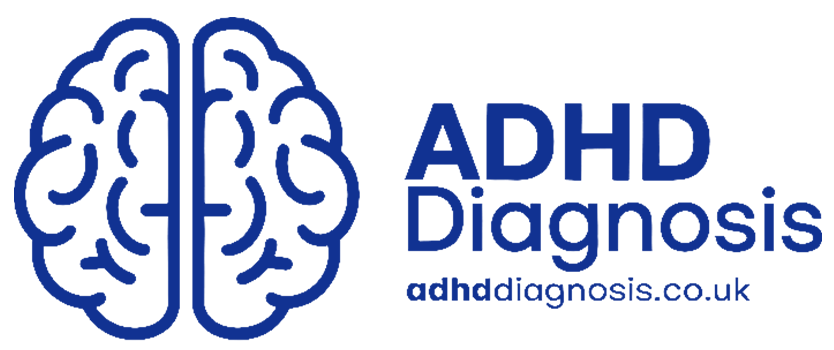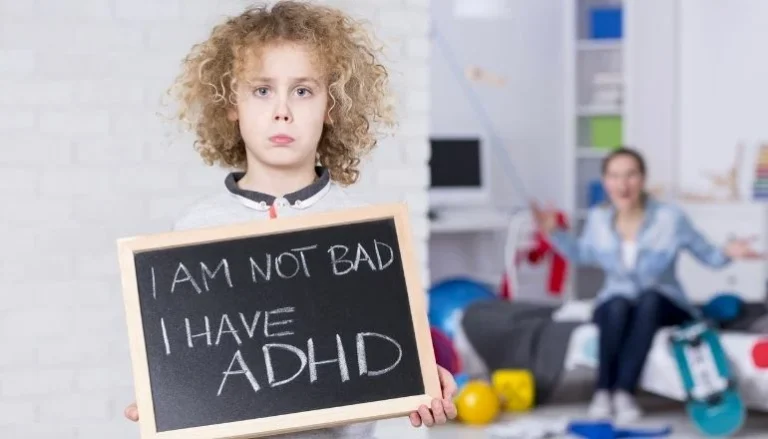Introduction
Attention Deficit Hyperactivity Disorder (ADHD) is widely recognised for causing difficulties with attention, impulsivity, and hyperactivity. However, one of the lesser-known and often misunderstood aspects of ADHD is hyperfocus — the ability to become deeply engrossed in an activity to the exclusion of everything else. While it may seem contradictory for someone with ADHD to have intense focus, hyperfocus is a well-documented phenomenon that affects both children and adults with ADHD.
In this blog, we’ll explore what hyperfocus is, how it works in the ADHD brain, the benefits and challenges it presents, and how to manage it effectively.
What is Hyperfocus?
Hyperfocus refers to a state of intense concentration where a person becomes completely absorbed in a task, often losing track of time and ignoring their surroundings. People with ADHD may struggle to focus on everyday tasks, but when they enter a hyperfocus state, they can become so immersed that hours pass without them noticing.
Key Features of Hyperfocus:
✅ Intense concentration on one task
✅ Loss of awareness of time and surroundings
✅ Difficulty shifting attention to other tasks
✅ Feeling energised and motivated while focusing
Hyperfocus is not listed as a formal symptom of ADHD in diagnostic criteria, but it is widely recognised by researchers and clinicians as a common experience among people with ADHD.
How Does Hyperfocus Work in the ADHD Brain?
ADHD is linked to differences in the brain’s dopamine regulation — the neurotransmitter responsible for motivation, reward, and attention.
1. Dopamine and Reward System
- In individuals with ADHD, the brain’s reward system is less sensitive to routine or low-stimulation tasks, leading to boredom and distraction.
- When a task is highly stimulating or interesting, the brain releases more dopamine, increasing focus and motivation.
- Hyperfocus occurs when the brain becomes flooded with dopamine, making it easier to stay locked into a task.
2. Difficulty Switching Tasks
- People with ADHD often have difficulty with task-switching due to underactivity in the prefrontal cortex — the part of the brain that manages executive functions like attention and impulse control.
- Once hyperfocus begins, the brain’s ability to disengage from the task becomes impaired, making it difficult to shift attention even when it’s necessary.
3. Emotional Connection
- Hyperfocus is more likely to occur when the person is emotionally invested in the task.
- Activities that provide instant feedback or gratification, such as video games, creative projects, or research, are more likely to trigger hyperfocus.
Benefits of Hyperfocus
Although hyperfocus is often seen as a challenge, it can also provide significant advantages when managed effectively:
✅ Enhanced Productivity
- When focused on a project or task, individuals with ADHD can achieve a high level of output and creativity.
- Complex problems or creative projects can benefit from the intense focus and problem-solving that hyperfocus provides.
✅ Deep Learning and Skill Development
- Hyperfocus allows for deep exploration of topics, leading to greater understanding and mastery of skills.
- Many successful professionals and creatives with ADHD credit hyperfocus for their achievements.
✅ Creative Thinking
- Hyperfocus often leads to innovative thinking and problem-solving.
- The ability to immerse oneself in a task can produce original and imaginative outcomes.
Challenges of Hyperfocus
While hyperfocus has its benefits, it can also cause difficulties, especially when it interferes with daily life and responsibilities:
❌ Neglect of Other Responsibilities
- Hyperfocus can cause people to lose track of time, leading to missed appointments, deadlines, and neglected responsibilities.
❌ Physical and Mental Exhaustion
- Spending hours in a hyperfocused state without breaks can lead to fatigue, headaches, and burnout.
❌ Social Impact
- Hyperfocus may lead to social withdrawal or ignoring conversations and interactions with others.
- Friends and family may feel overlooked or unimportant when hyperfocus takes over.
❌ Difficulty Redirecting Attention
- Breaking out of hyperfocus can be difficult, leading to frustration and disrupted routines.
- People with ADHD may struggle to transition from a hyperfocused state to other tasks.
How to Manage Hyperfocus Effectively
Managing hyperfocus involves finding a balance between harnessing its benefits and preventing it from interfering with daily life:
1. Set Time Limits
- Use timers or alarms to create boundaries around hyperfocus sessions.
- Set reminders to take regular breaks and switch tasks.
2. Create External Cues
- Use visual or auditory cues to prompt task-switching.
- Encourage family members or colleagues to provide gentle reminders.
3. Prioritise High-Impact Tasks
- Direct hyperfocus towards tasks that align with long-term goals and priorities.
- Encourage hyperfocus on creative or problem-solving tasks rather than low-value activities.
4. Build Flexibility into Your Routine
- Include buffer time between tasks to account for hyperfocus.
- Practise mindfulness and relaxation techniques to increase cognitive flexibility.
5. Work with a Specialist
- A therapist or ADHD coach can provide strategies to manage hyperfocus and improve executive function skills.
- Cognitive behavioural therapy (CBT) can help address the emotional and psychological patterns linked to hyperfocus.
Conclusion
Hyperfocus is a double-edged sword for people with ADHD — it can drive extraordinary creativity and productivity, but it can also lead to neglect of other important areas of life. Understanding how hyperfocus works in the ADHD brain is the key to managing it effectively. By setting limits, creating cues, and working with a specialist, individuals with ADHD can harness the power of hyperfocus to their advantage while maintaining balance in their daily lives.
Need Help Managing ADHD and Hyperfocus?
If you or your child are struggling with ADHD and hyperfocus, professional support can make a difference. At ADHD Diagnosis, we specialise in diagnosing and managing ADHD in both children and adults. Our team of experts will help you develop personalised strategies to manage hyperfocus and improve daily functioning.👉 Book an appointment today at adhddiagnosis.co.uk to start your journey towards better focus and balanc







